Pay through the Nose Idiom: Meaning, Origin, Usage & Exercises
6 min read
Updated On
-
Copy link
The idiom ‘pay through the nose’ means to pay too much for something. Explore this blog to learn the meaning and origin with numerous examples and solidify your understanding with the given exercises and answer keys to achieve a band score of 8+ in IELTS.
Table of Contents
- Pay through the Nose Idiom: Meaning
- Origin of the Idiom ‘Pay through the Nose’
- Pay through the Nose Idiom: Examples in Everyday Usage
- Pay through the Nose Idiom Related High-Band Synonyms and Phrases
- Pay through the Nose Idiom: Detailed Usage in IELTS Contexts
- Pay through the Nose: Practice Exercises
- Pay through the Nose: Answer Keys for Practice Exercises

Limited-Time Offer : Access a FREE 10-Day IELTS Study Plan!
Idiomatic language plays a crucial role in achieving a high score in the IELTS exam, especially for the speaking section. ‘Pay through the nose’ idiom is one such idiom that frequently appears in discussions about money, lifestyle, travel, or complaints. Whether you are describing overpriced rent, costly healthcare, or inflated tourist prices, this idiom adds a vivid, native-level touch to your language.
In this blog post, we will explore the meaning, origin, and usage of the idiom, ‘pay through the nose’, and provide examples for IELTS Speaking and Writing.
Pay through the Nose Idiom: Meaning
The Cambridge Dictionary defines ‘pay through the nose’ as to pay too much money for something. In other words, the idiom means paying an excessively high price for something, often more than it’s actually worth.
The expression typically conveys a sense of injustice, frustration, or shock over how expensive something is. It often reflects forced spending, where someone has no better alternative or is taken advantage of.
Origin of the Idiom ‘Pay through the Nose’
The phrase, ‘pay through the nose’, may have originated in 9th-century Ireland, when the Danes imposed harsh taxes on the Irish. According to one theory, those who failed to pay were punished by having their noses slit; hence the phrase ‘pay through the nose’.
While the historical accuracy of this account is debated, the idiom certainly captures the pain of excessive payment.
This expression highlights the emotional burden associated with unnecessary expenses, an idea commonly explored in IELTS essays on urban living, tourism, or economic disparity. Moreover, this vivid metaphor can add dramatic flair to your spoken English, especially in cue cards related to money, travel experiences, or lifestyle.
Pay through the Nose Idiom: Examples in Everyday Usage
In everyday communication, the idiom ‘pay through the nose’ is frequently used in several common ways, some of which are outlined below.
- We had to pay through the nose for this insurance policy.
- If you bring a car into the city, you have to pay through the nose for parking it.
- If you want a decent wine in a restaurant, you have to pay through the nose for it.
- We had to pay through the nose for accommodation during the festival season.
- Since the concert tickets were sold out, resellers made us pay through the nose.
- Without insurance, you would pay through the nose for basic treatments.
Pay through the Nose Idiom Related High-Band Synonyms and Phrases
Here are some expressions related to the idiom, pay through the nose, that will help you to boost your IELTS vocabulary.
|
Expression |
Meaning |
Example |
|---|---|---|
|
Rip-off |
Overpriced item or service |
That tourist package was a total rip-off. |
|
Cost an arm and a leg |
Very expensive |
The surgery cost me an arm and a leg. |
|
Over the top (pricing) |
Excessive or extreme |
The pricing at that restaurant was really over the top. |
|
Highway robbery |
Unjust, exaggerated pricing |
Charging that much for parking is highway robbery. |
|
Exorbitant |
Unreasonably high |
The rent in the city centre is exorbitant. |
Are you having difficulty improving your vocabulary for IELTS?
Pay through the Nose Idiom: Detailed Usage in IELTS Contexts
The ‘pay through the nose’ idiom is best suited to informal to semi-formal settings. Use it in the IELTS Speaking test, especially in:
- Part 1: Talking about shopping, transport, or lifestyle expenses
- Part 2: Describing a travel experience, a shopping incident, or an overpriced service
- Part 3: Discussing broader economic issues like the cost of living, rising tuition, or real estate prices
You should avoid using this idiom in formal academic IELTS Writing Task 2 essays, unless you are using it as part of a direct quote or paraphrased example in a lighter context.
IELTS Speaking Part 1 – Shopping
Q: Do you like shopping for branded items?
A: I usually avoid buying branded clothes because you often end up paying through the nose for things that don’t offer much better quality than non-branded items.
IELTS Speaking Part 2 – Describe a Time You Spent a Lot of Money
Excerpt with the idiom:
Last year, I traveled to Goa during peak season. I didn’t plan ahead, so I had to pay through the nose for a small hotel room. Although it was a beautiful trip, I definitely learned the importance of early bookings.
IELTS Speaking Part 3 – Money and Lifestyle
Q: Why do you think some people are willing to pay extra for luxury services?
A: In many cases, it's a matter of status. People are willing to pay through the nose just to feel exclusive, even if it doesn’t necessarily add value.
Pay through the Nose: Practice Exercises
The exercises below will help you learn the correct usage of the idiom ‘pay through the nose’, allowing you to understand its meaning and application.
Exercise A: Choose the correct option.
1 Which sentence best reflects the natural and powerful use of the idiom ‘pay through the nose’?
A She paid through the nose for a car that broke down within a week.
B She paid through the nose for a coffee this morning.
C She paid through the nose for a pen she liked.
2 Select the most appropriate use of ‘pay through the nose’ in terms of emotional and financial impact.
A He paid through the nose to upgrade his flight to business class during peak season.
B He paid through the nose for chewing gum at the airport.
C He paid through the nose for a parking ticket he received for being late.
3 In which sentence is the idiom “pay through the nose” misused or exaggerated?
A She paid through the nose for a last-minute hotel during the festival.
B He paid through the nose for a slice of pizza near the train station.
C They paid through the nose for their child’s international school fees.
4 Which situation would not be a good fit for this idiom in an IELTS Speaking response?
A Describing a trip abroad where everything felt overpriced
B Discussing tuition fees for a prestigious MBA program
C Talking about the cost of daily groceries
Exercise B: Rewrite the sentence using formal or academic language without losing the emotional intensity.
1 I had to pay through the nose for private tuition in the UK.
2 People in big cities pay through the nose for basic necessities like rent and groceries.
3 International students often pay through the nose for university accommodations.
Aiming to wow your IELTS examiner with your vocabulary?
Begin with our Vocabulary for IELTS!
Pay through the Nose: Answer Keys for Practice Exercises
Cross-check your answers with the answer key below and understand whether you have grasped the meaning and usage of ‘pay through the nose’ idiom or not!
Exercise A: Choose the correct option.
1 A (A car is a high-value purchase, and the fact that it broke down adds to the emotional frustration—making this a powerful and idiomatically accurate use.)
2 A (Business class upgrades are expensive, especially during busy times. The idiom is appropriate here to highlight frustration over a costly decision.)
3 B (While a slice of pizza may be overpriced, it's unlikely to cause the financial pain that justifies using this idiom. It lacks weight and emotional intensity.)
4 C
Exercise B: Rewrite the sentence using formal or academic language without losing the emotional intensity.
1 I was charged an unreasonably high amount for private tuition in the UK, which placed a significant financial burden on me.
2 In metropolitan areas, residents face exorbitant costs for essential items such as housing and food, which severely affect their monthly budget.
3 University accommodations for international students are frequently priced at disproportionately high levels, placing them under considerable financial stress.
To sum up, using idioms like ‘pay through the nose’ can enrich your IELTS vocabulary, especially when discussing topics related to money, lifestyle, and economics. However, mastery comes from context-sensitive use. Do not just memorise the phrase. Practice using it in situational answers for the latest IELTS Speaking topics with Part 2 & 3 questions, compare it with synonyms, and understand its tone. The more naturally you can express frustration or exaggeration about costs, the more confident and fluent you will sound in both IELTS Speaking tasks.
Useful Links:
- Cut Things Fine - Idiom Of The Day For IELTS
- Through and Through - Idiom Of The Day For IELTS
- The Last Straw - Idiom of the Day for IELTS
- In The Prime Of Life - Idiom of the Day for IELTS
- Useful Idioms for IELTS Speaking to Score Band 8.0+
- Latest IELTS Speaking Vocabulary to Boost Your Score: Topic-Wise
- What is the Correct Tone in IELTS Speaking Test?
Explore IELTS Resources

Start Preparing for IELTS: Get Your 10-Day Study Plan Today!
Check out other Idioms
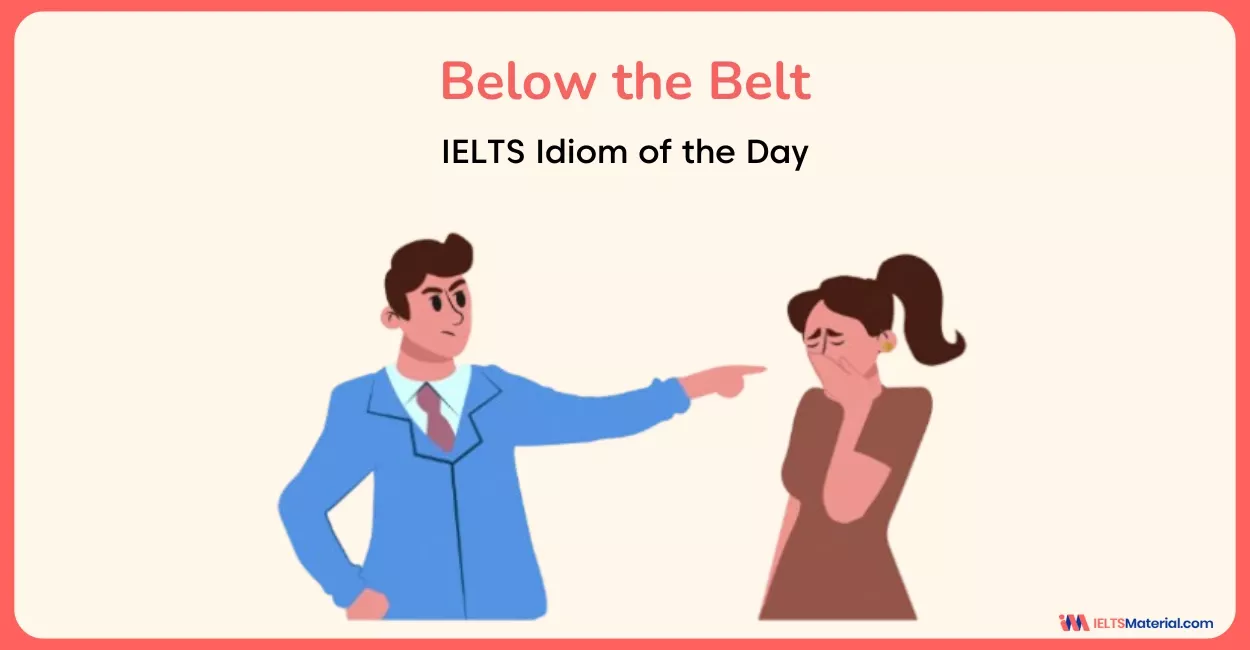
Haniya Yashfeen
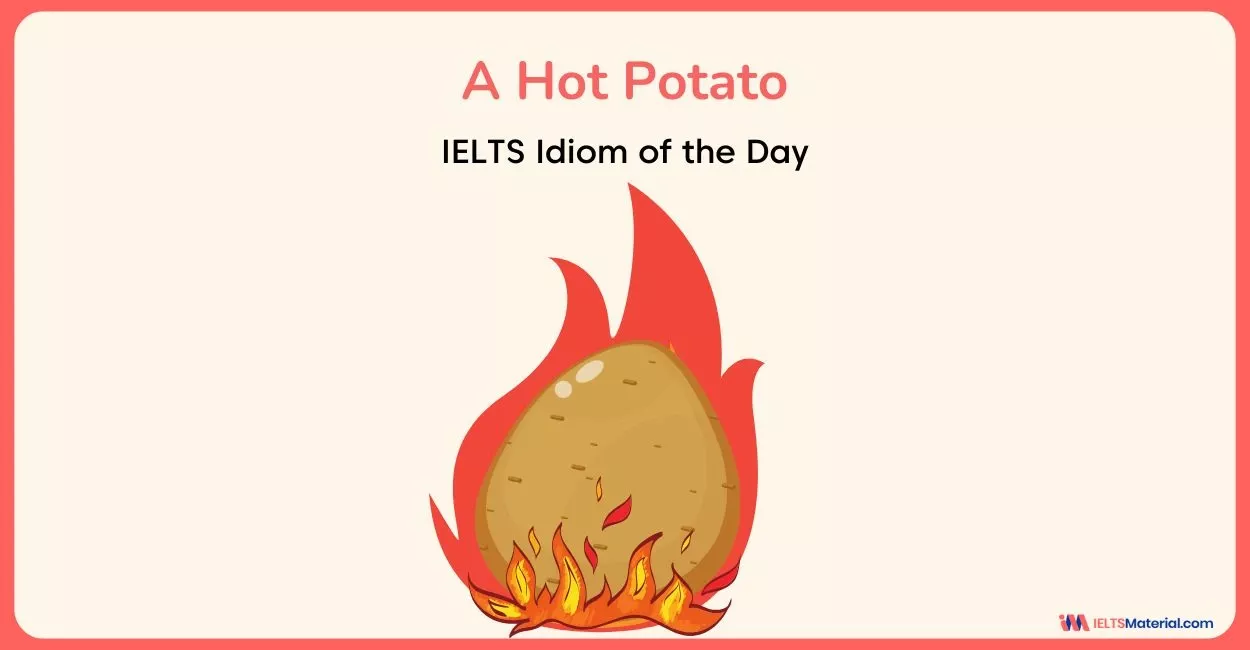
Haniya Yashfeen
Recent Articles
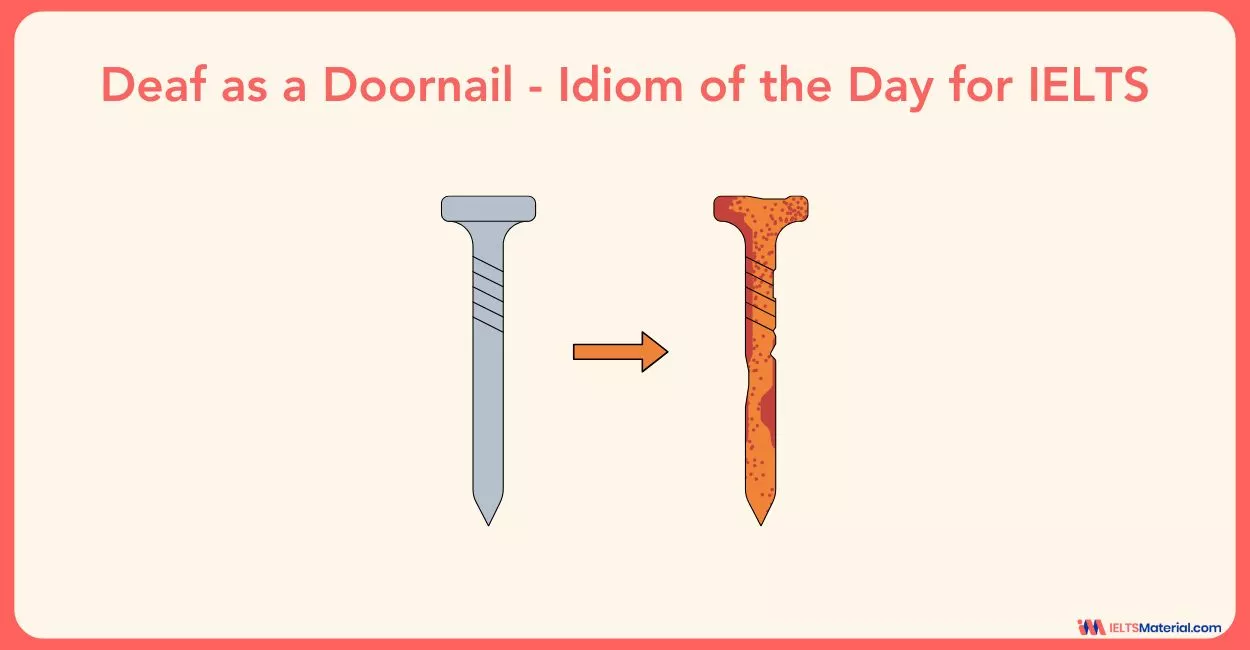
Kasturika Samanta

Prity Mallick
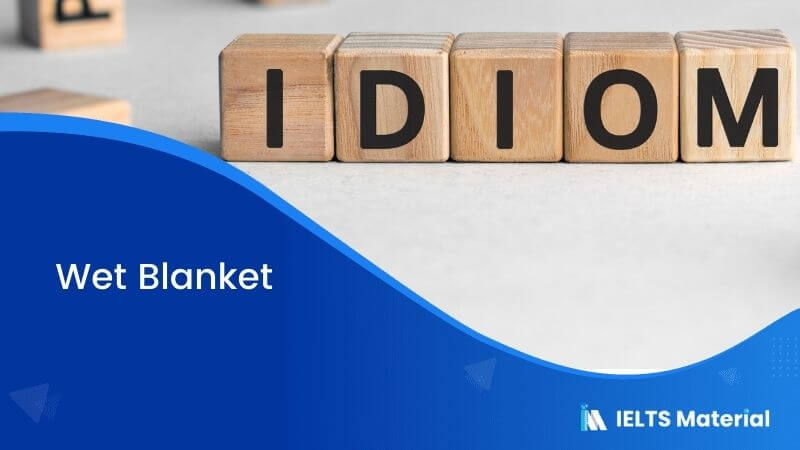
Nehasri Ravishenbagam
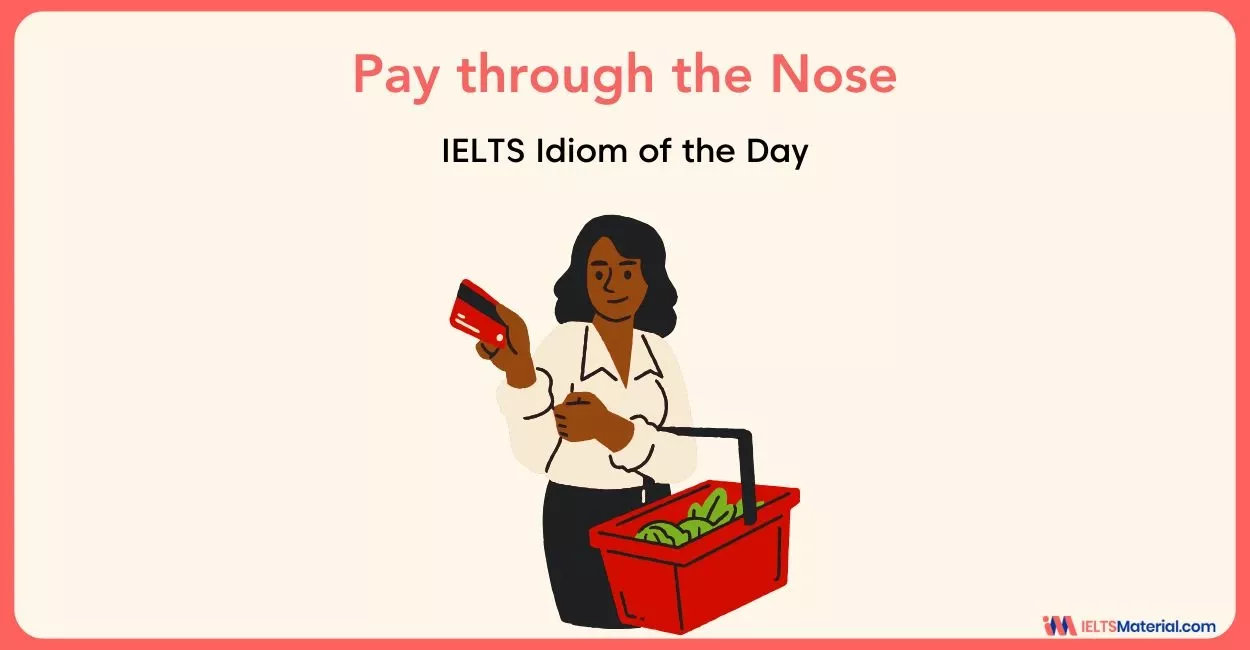

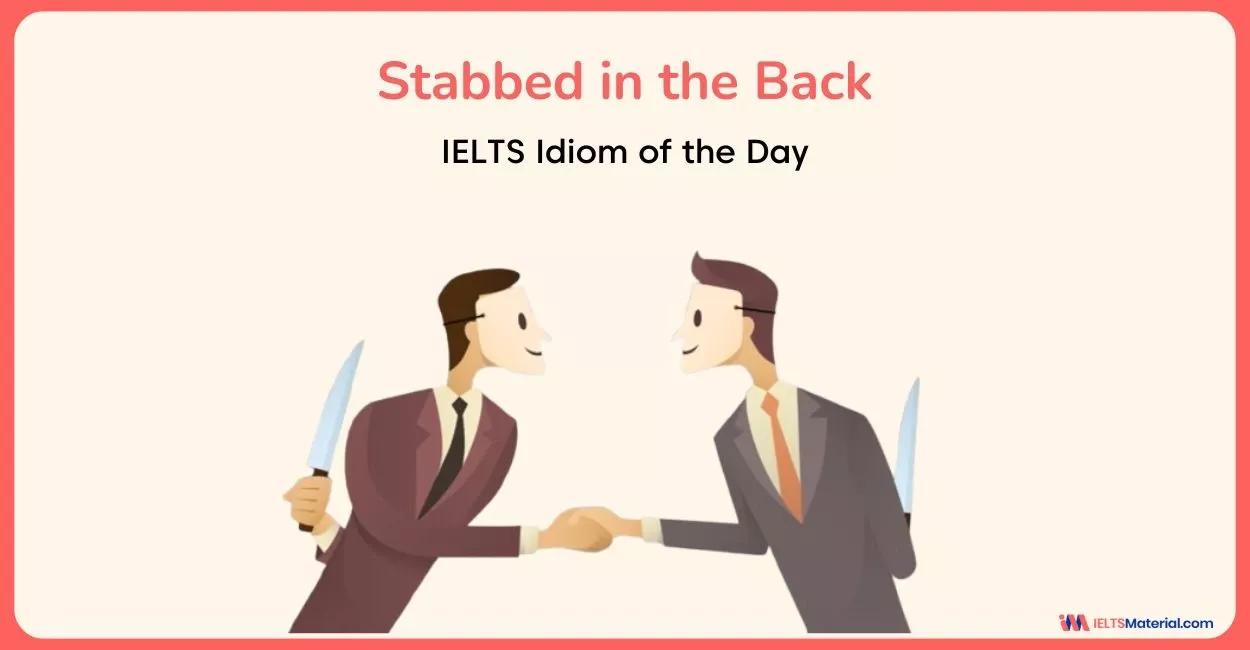
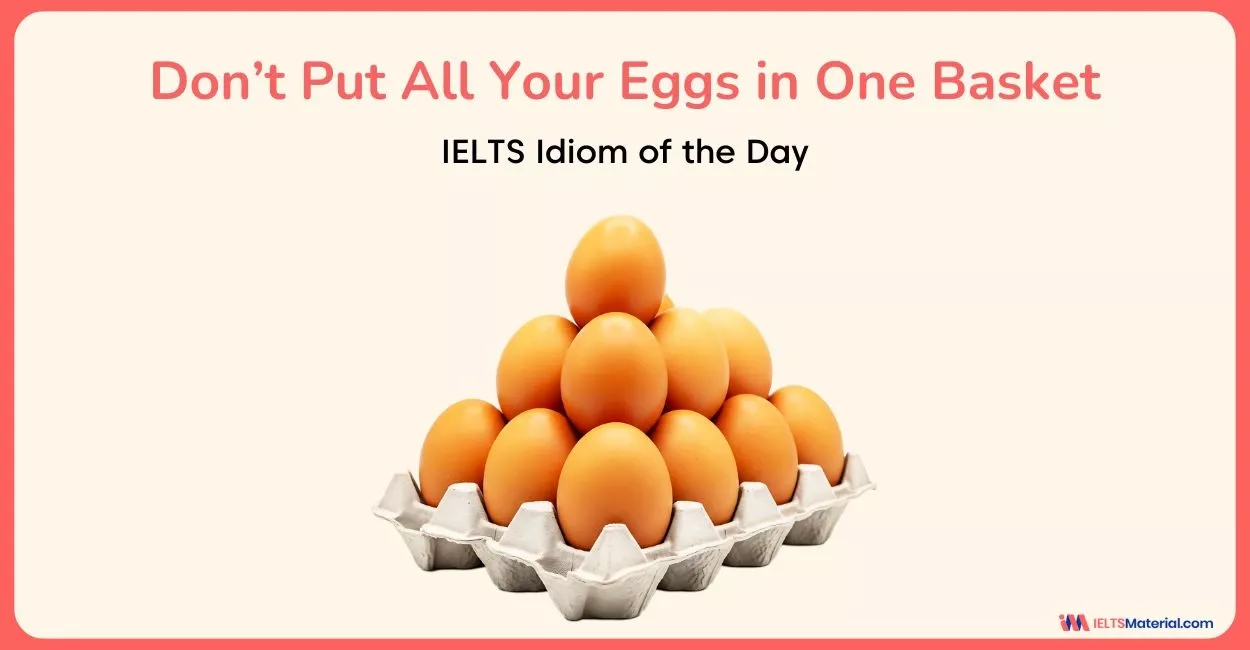
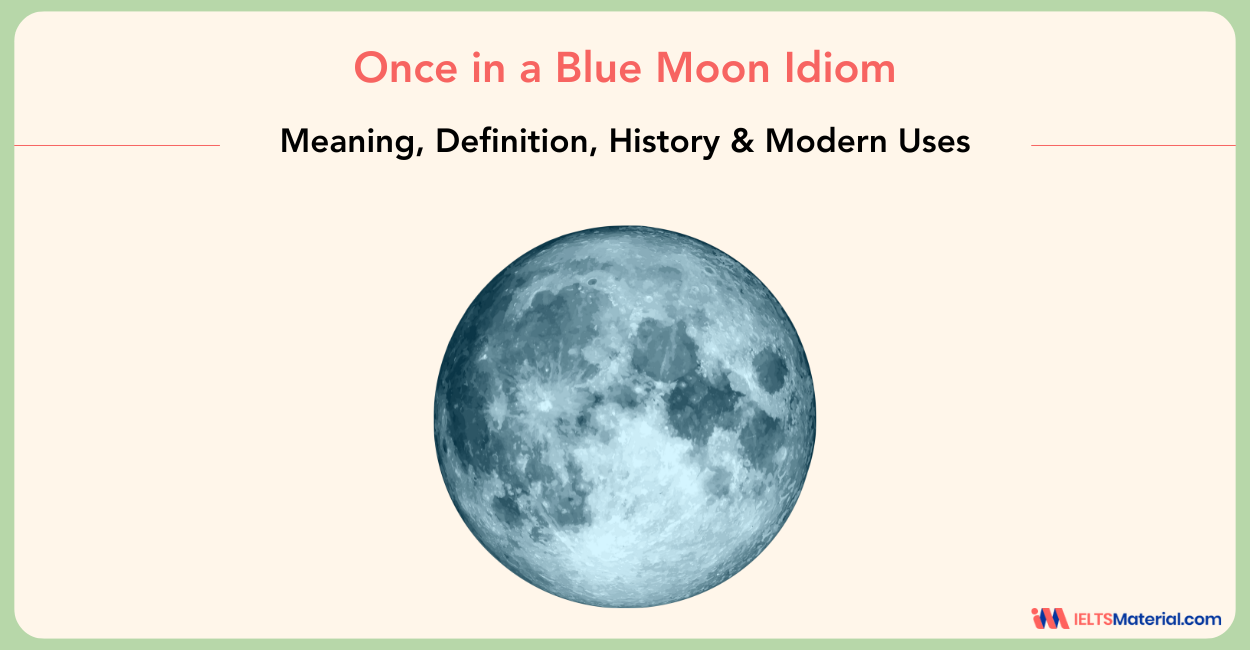


Post your Comments